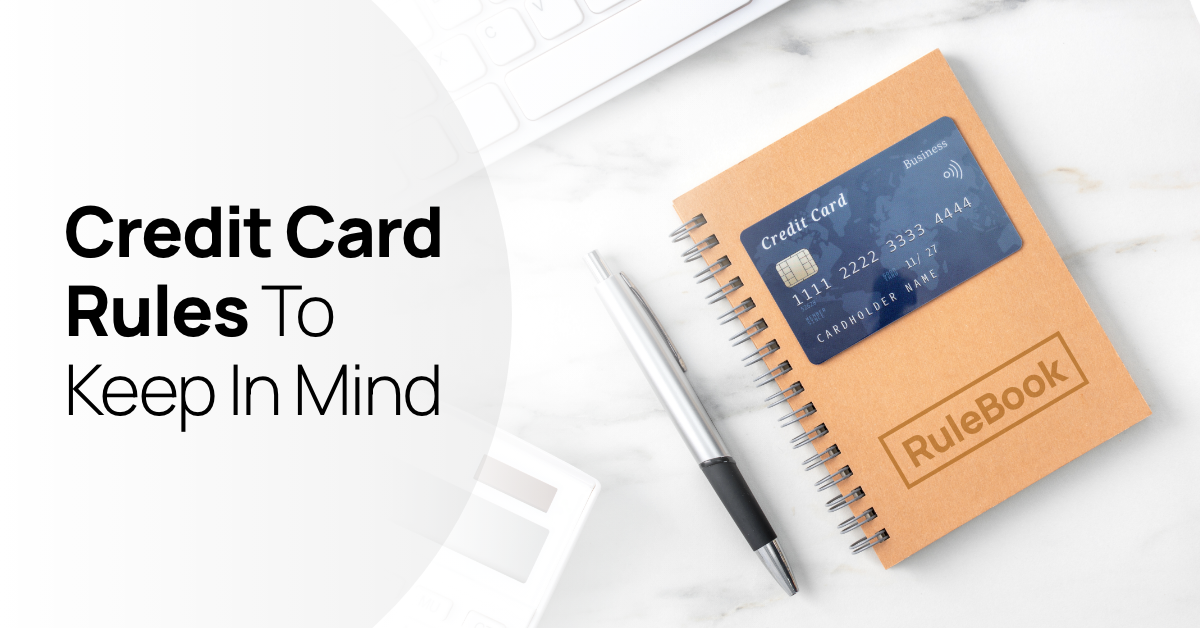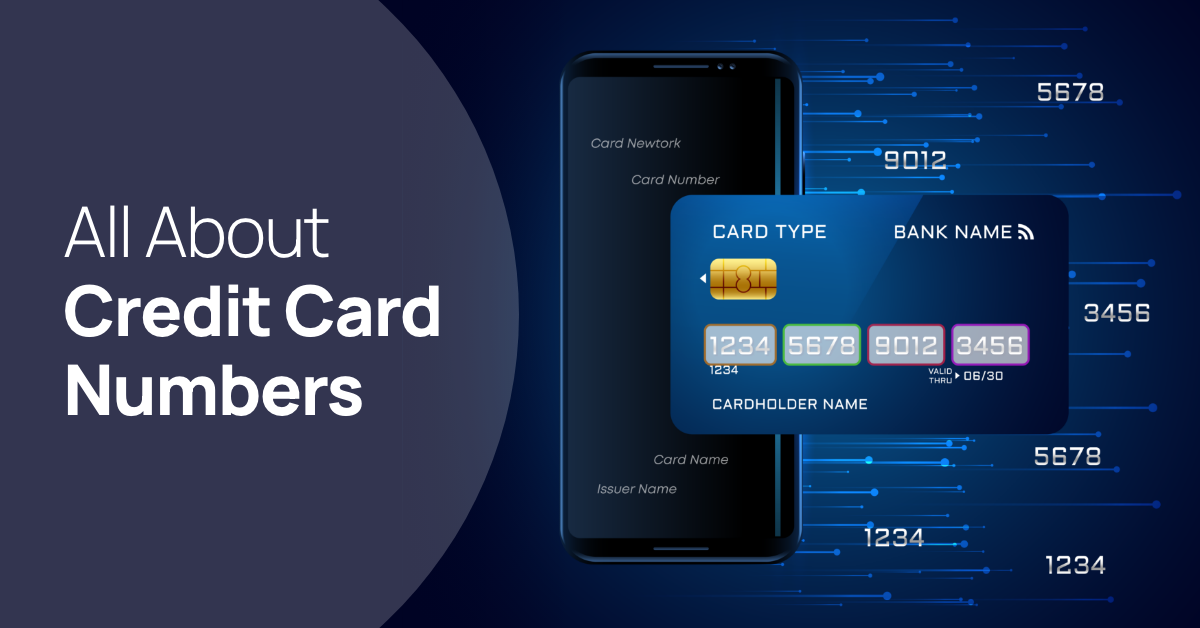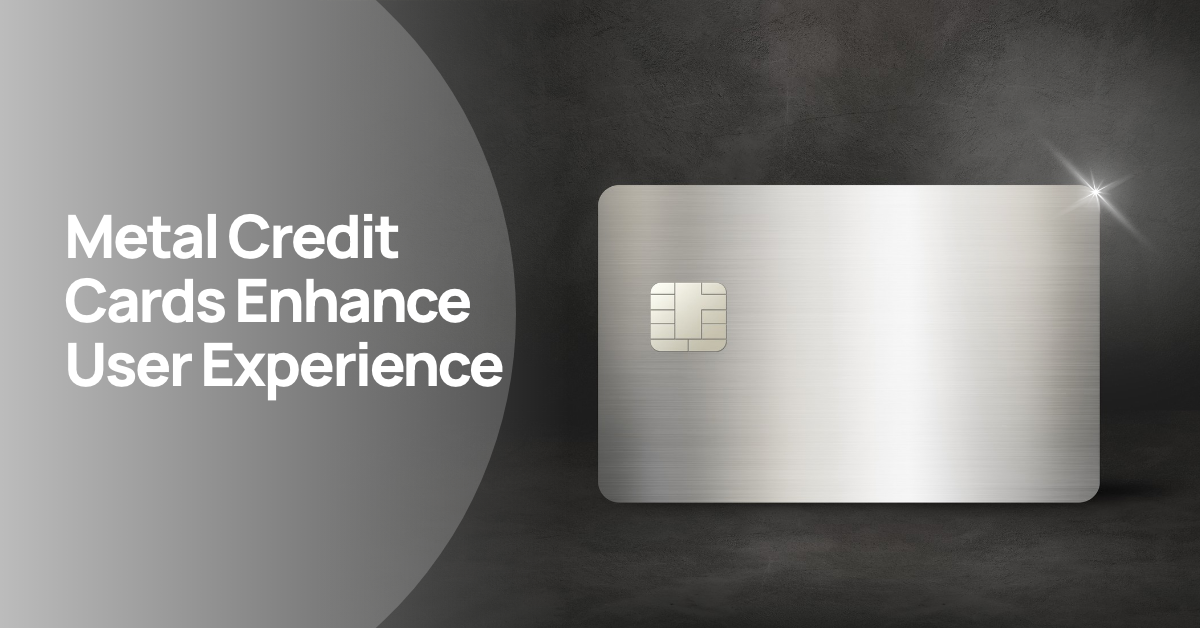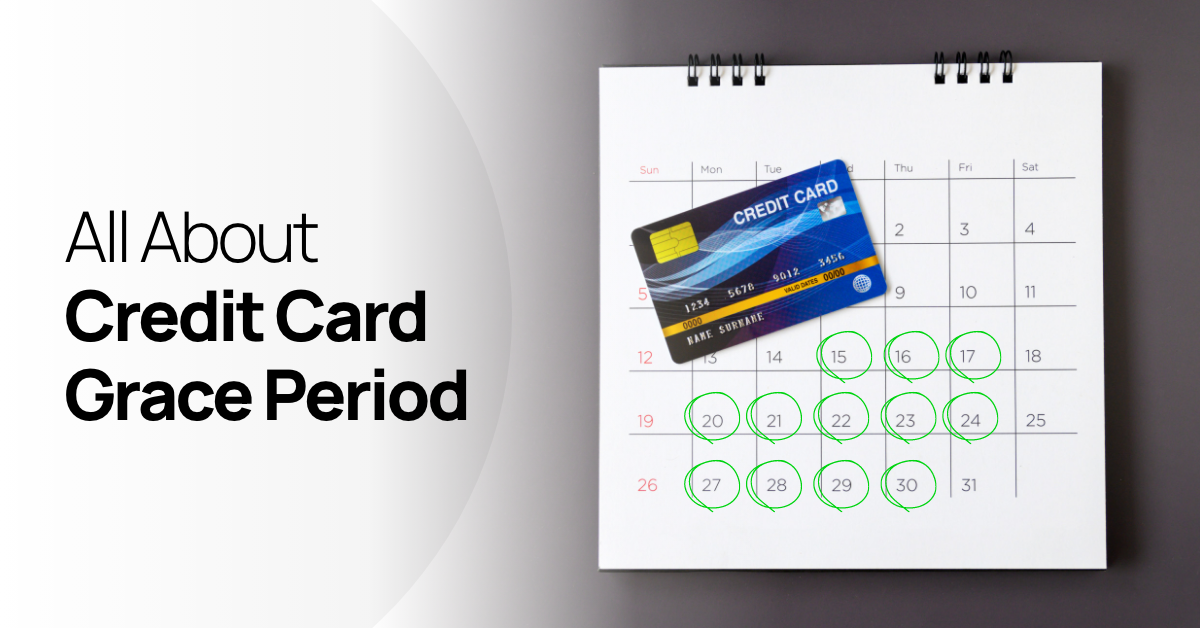Credit Card Rules You Must Know as a First Time User
By OneCard | March 01, 2024

If you’re stepping into the big time with your first credit card, things might seem a bit tricky at first. But really, the key is to get to know the credit card rules well. They’re super important! Understanding them helps you make smart financial choices and enjoy all those perks without falling into the usual traps. And hey, since these rules often get updated, keeping yourself in the loop is always a good idea.
Table of contents:
Things to Keep in Mind While Using a Credit Card
Take a moment to understand first credit card basics before we dive into the fun stuff – the perks! Understanding standard rules and regulations is key. This way, you can make the most of your credit card, worry-free.
What is a grace period
It is the time between a purchase and when interest starts accruing. Generally, it is around 20-30 days. If paid within this period, no interest is charged.
What is the minimum age requirement
Generally, you must be at least 18 years of age to apply for a credit card in India.
What does the fee structure look like
Credit cards come with various fees, including annual fees, cash advance fees, and late payment fees.
What are terms of service
Each card has its own terms of service, detailing its benefits, fees, and other critical details. Always go through this before getting a card.
Rules of Credit Card Payment
Credit card payments can be tricky, especially for newcomers. It’s not just about clearing dues but understanding the nuances and implications of the payment structure:
Late payment charges
Missing or delaying a credit card payment can have a domino effect. Initially, you’ll notice a rise in your interest due to the delayed payment. This alone can make your next payment larger than anticipated. Repeated late payments can harm your CIBIL score and hamper future financial opportunities like loans and other credit cards. A lower CIBIL score implies you might be a risky borrower, which can lead to declined applications or higher interest rates.
ALSO READ: How to Avoid Credit Card Late Payment Charges?
Payment date
The payment date, often the due date, is a non-negotiable deadline set by your credit card provider. It’s the date by which at least the minimum payment must be made to avoid any late fees or adverse consequences. In today’s digital age, setting up reminders or even automating payments can be a smart way to never miss the due date. It’s worth noting that consistently paying before this date is a positive credit behaviour that can boost your financial health in the long run.

Rules of Credit Card Minimum Payment
Understanding the rules surrounding minimum payments is pivotal in the case of credit cards. It’s not merely a figure on your statement; it represents the fundamental protocol of managing a credit card responsibly:
Definition and calculation
The ‘minimum payment’ is the lowest sum you must pay monthly to keep your credit card account operational and in good standing. This amount is generally a small percentage of your outstanding balance and any fees or interest accrued. The exact percentage can vary among card issuers, but it’s generally between 1% and 3% of the total balance.
Implications of paying only the minimum
While making the minimum payment prevents late fees and potential damage to your CIBIL score, it doesn’t save you from accruing interest on the remaining balance. Over time, if you consistently pay just the minimum due, the interest compounds, making it challenging to clear even the principal amount. Essentially, you might pay significantly more than what you borrowed.
Effects on credit health
Regularly paying the minimum amount can indicate to potential lenders that you’re facing financial strain or not managing your debts responsibly. While it won’t directly lower your CIBIL score, the increased balance can affect your credit utilisation ratio, which plays an important role in determining your overall credit health.
Avoiding the minimum payment
Paying the full statement balance whenever feasible is advisable. If not, pay more than the minimum to reduce your balance and the interest it accrues. Creating a monthly budget or using apps to track expenses can be beneficial in ensuring you allocate sufficient funds for credit card payments.
Rules of Credit Card Billing
Understanding your bill is crucial for maximising the benefits of your credit card and avoiding pitfalls. Be aware of these key aspects:
Billing cycle
The billing cycle spans a month in India. This cycle indicates when your purchases are billed and your payment is due. Monitoring this can help you plan big purchases and get a longer grace period before repayment.
Understanding interest
Any unpaid balances on a credit card attract an interest charge. The interest rate on credit cards, APR (Annual Percentage Rate), is relatively high in India. Hence, accumulating a hefty balance can lead to debt if not managed promptly.
Disputing charges
On rare occasions, you may see unauthorised charges on your statement. In such cases, you have the right to dispute them. Reporting discrepancies as soon as possible is crucial, ensuring timely resolution and protecting your finances.
Rules of Credit Card Cash Withdrawal
Using a credit card to withdraw cash is convenient, but it comes with strings attached:
Cash advance fee
This fee applies when you withdraw cash using your credit card. It’s either a fixed or a percentage of the withdrawn amount, often higher. This fee adds to the cost of borrowing, making it more expensive than regular purchases.
ALSO READ: Credit Card Cash Withdrawal - Charges, Pros and Cons
Immediate interest
Another distinction is that cash advances start accruing interest immediately, unlike purchases where there might be a grace period. It makes withdrawing cash from credit cards relatively expensive and best reserved for emergencies.
Rules of Credit Card Limit Increase
A higher credit limit offers more purchasing power, but it’s crucial to understand the guidelines:
Eligibility
A history of timely repayments and a favourable credit utilisation ratio can enhance your chances of increasing your limit. Moreover, a rise in your income since the card’s issuance could also factor in, as it demonstrates an improved ability to handle more significant debts.
Hard inquiry
Some issuers might perform a hard inquiry on your CIBIL score when requesting a credit card limit increase. While it provides them with a comprehensive view of your credit history, it may also temporarily lower your score, making it essential to request increases judiciously.
Rules of Credit Card Rewards
Rewards can make credit card usage exciting, but there are certain rules to consider:
Expiration date
Reward points offered by several credit cards come with an expiration date. It’s common for users to accumulate points only to realise they’ve expired. Regularly reviewing your rewards statement ensures you redeem them optimally.
Eligible purchases
Certain purchases might not qualify for rewards. For instance, cash advances or specific merchant categories might be excluded. Awareness of these rules is essential to maximise your reward earnings.
Conclusion
Credit cards can be powerful financial tools. However, the key to unlocking their true potential lies in understanding the various rules associated with their usage. By staying informed and making timely decisions, one can harness the benefits of credit cards while avoiding common mistakes and pitfalls.

**Disclaimer: The information provided in this webpage does not, and is not intended to, constitute any kind of advice; instead, all the information available here is for general informational purposes only. FPL Technologies Private Limited and the author shall not be responsible for any direct/indirect/damages/loss incurred by the reader for making any decision based on the contents and information. Please consult your advisor before making any decision.



Sharing is caring 😉